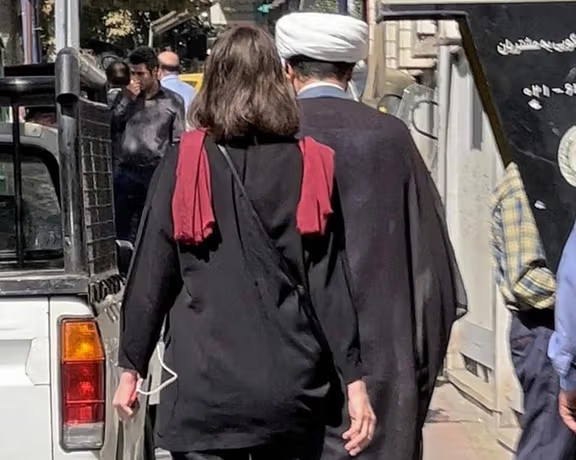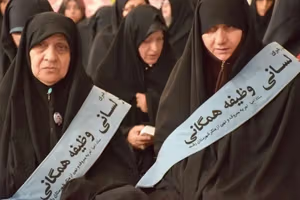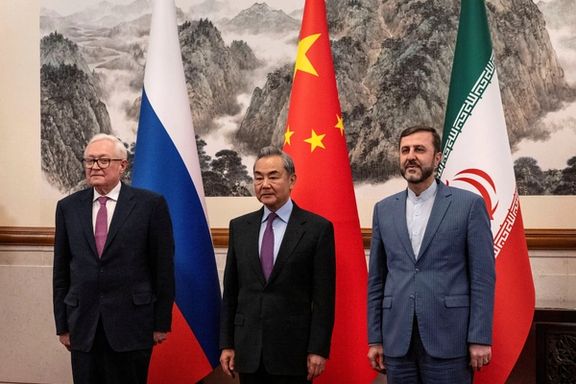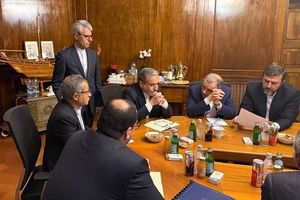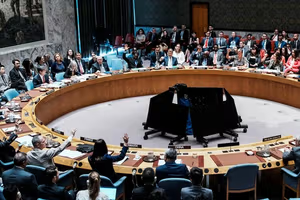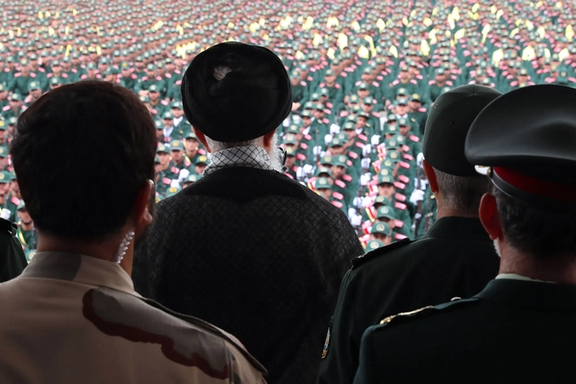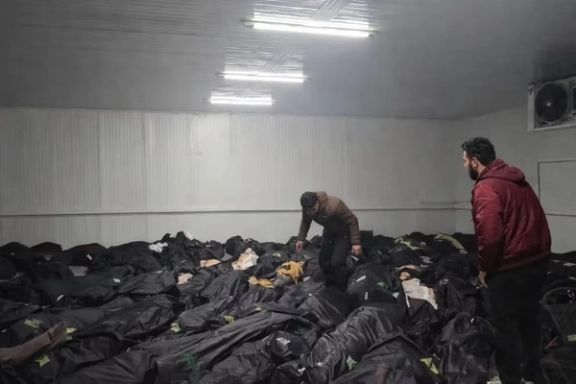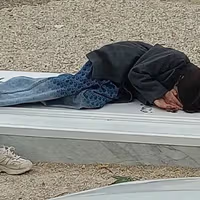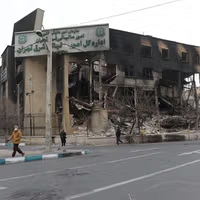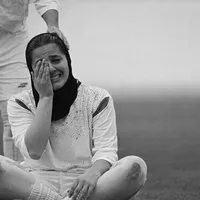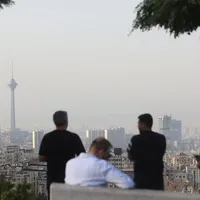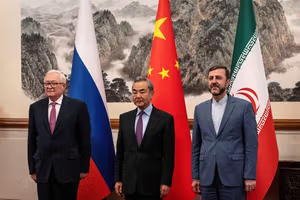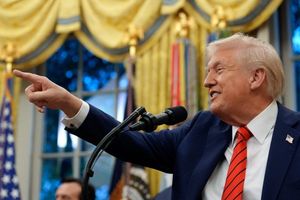“The Middle East is at an inflection point,” Oren said. “Iran feels cornered, and that’s when nations become most dangerous.”
Oren said Tehran does not believe it was defeated in the last conflict and may now see little to lose by reigniting hostilities.
“Toward the end of the war, the percentage of interceptions went down,” he recalled. “The Shahab rockets didn’t take down a room; they took down a neighborhood. I don’t know how many nights we could have gone on.”
He said Iran’s ability to adapt under fire—learning Israel’s missile defense systems in real time—was one reason Israel accepted a ceasefire sooner than expected.
“They were learning how to get through our umbrella,” Oren said. “They were causing us some very severe damage.”
Redefining the Middle East
The former envoy said the aftermath of the conflict has already begun reshaping the region. The Six-Day War of 1967 saw Israel capture vast territory and redraw the Middle East map. Oren, who has written extensively about that war, said the current transformation could be even more consequential.
“The Middle East has been transformed in ways more far-reaching than even the changes after the Six-Day War,” he said.
Oren pointed to Iran’s growing isolation and new alignments forming around Israel. He said some governments that publicly criticized Israel during the fighting are now quietly engaging with it, drawn by shared concerns about Tehran’s role in the region.
“Peace in the Middle East is made through strength,” he said. “Soft power alone has never worked.”
Iran's nuclear file and new fault lines
Oren’s comments come amid renewed tension over Iran’s nuclear program. Tehran, backed by Moscow and Beijing, has informed the International Atomic Energy Agency (IAEA) that European efforts to reimpose sanctions are illegitimate, arguing that UN Resolution 2231 has expired.
In Jerusalem earlier this week, US Vice President JD Vance said Washington will continue to pursue diplomacy to ensure Iran does not obtain a nuclear weapon.
“President Trump actually wants Iran to be prosperous,” Vance said, “but they cannot have a nuclear weapon.”
According to the IAEA, Iran holds about 400 kilograms of uranium enriched to 60 percent—enough for roughly ten bombs if refined further—but there is no evidence Tehran intends to build one. Agency chief Rafael Grossi has warned, however, that if diplomacy fails, “a renewed resort to force cannot be ruled out.”
Inside Iran, Friday sermons reflected a defiant tone. Senior clerics denounced Washington and praised what they called the country’s resilience. Ahmad Khatami vowed to “break the horn of this wild bull,” while Mohammad Saeedi in Qom thanked Supreme Leader Ali Khamenei for “crushing the arrogance of the US president.”
Despite speculation that Israel’s prime minister might pursue another strike, Oren said Israel understands the risks. He noted that the previous conflict could have been far more costly and that few in Israel want to test those limits again.
“Iran is isolated,” he said. “And it may feel that it has nothing to lose by triggering a second round.”
Still, Oren said he remains cautiously optimistic that the region could ultimately move toward a new equilibrium.
“If cards are played right,” he said, “the Middle East could look unrecognizable in two years.”
You can watch the full episode of Eye for Iran on YouTube or listen on any podcast platform of your choosing.

